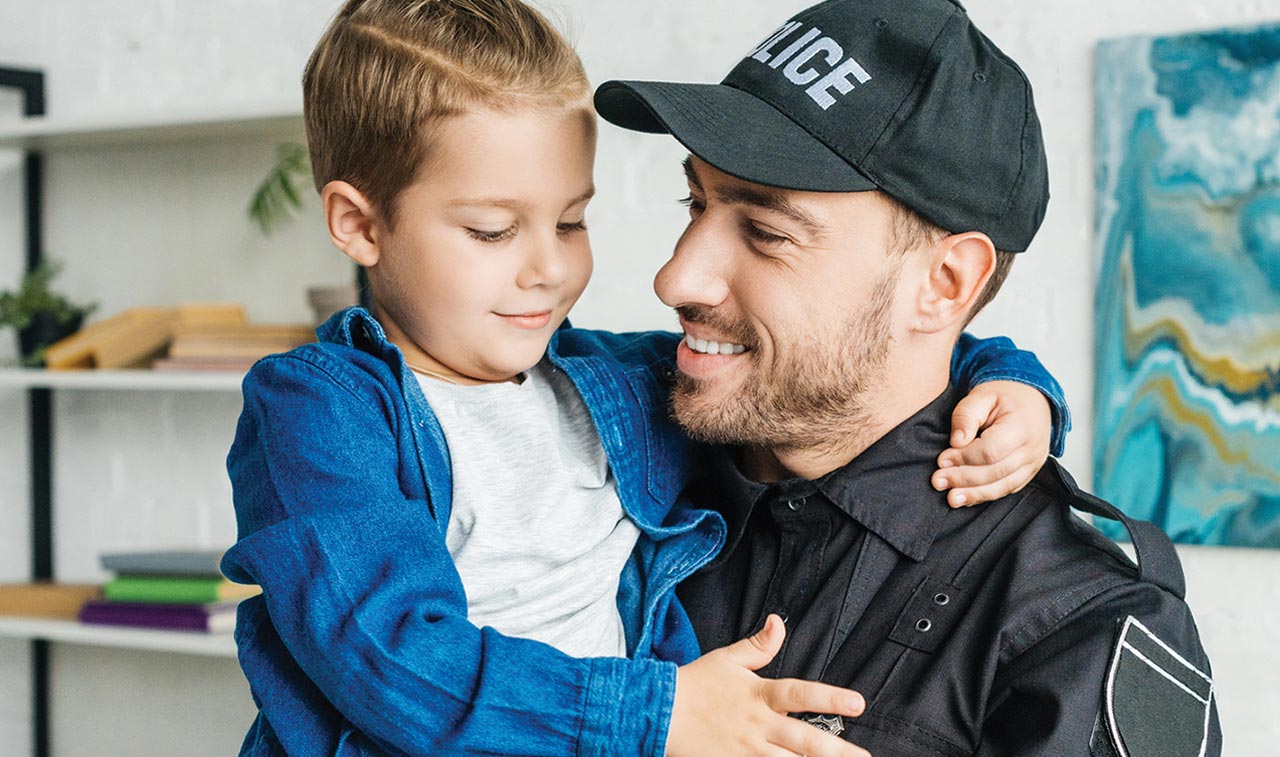“When children witness the effects of trauma on their parents, it can change how they see the world,” explains Iris Perlstein, LCADC, LPC, ATR-BC, Clinical Specialist/Coordinator with First Responder Treatment Services at Princeton House. “They may become more anxious or fearful about life, or feel an intense sense of responsibility to anticipate moods and try to keep their parents calm and happy. This secondary exposure can cause considerable suffering in a child’s life.”
Likewise, when parents deal with overwhelming trauma as part of their jobs, the anxiety about how their stress responses might be impacting their children can compound their own symptoms.
This shared emotional cauldron has been magnified by the COVID-19 pandemic and the fear of bringing disease home to one’s family. In fact, the germ theory model of how infection can spread to exposed individuals has many parallels with secondary trauma and its long-term, multigenerational impact, according to Perlstein.
“The difference is that traumatic response is an epidemic that does not benefit from masks,” she says. “The best prevention and treatment can begin by acknowledging the problem, not covering it up.”
Perlstein notes that whenever possible, it’s beneficial for behavioral health providers to examine how the family is functioning as a whole. When working with first responders individually, she recommends focusing on validation to help them create a safer space to communicate more openly with their children. She offers these tips that first responders can use with their children:
Pay attention. It’s important to tune in to children and show them that they have your full attention. Setting aside at least 15 minutes every day to have a conversation can be beneficial.
Listen reflectively. This involves repeating back what was said and asking if you got it right.
Read between the lines. A parent can usually sense when something is off. In addition to what is being stated, consider what is not being said.
Be understanding. Telling a child that you understand how they feel goes a long way.
Acknowledge the valid. Acknowledge that the child’s feelings and behavior make sense when there are facts and logic that support it.
Show equality. Demonstrate that even though children are young, their feelings carry equal weight as part of the family.
“First responders are taught to call for backup in crisis situations, but they also need to apply that to themselves,” adds Perlstein. “When they seek the help of a behavioral health provider and begin to understand their own trauma, they can start managing and protecting their health and the well-being of their entire family.”
In addition to inpatient services for first responders and adults, Princeton House offers intensive outpatient treatment services for children, adolescents, and adults, currently via telehealth.
Article as seen in the Spring 2021 issue of Princeton House Behavioral Health Today.



